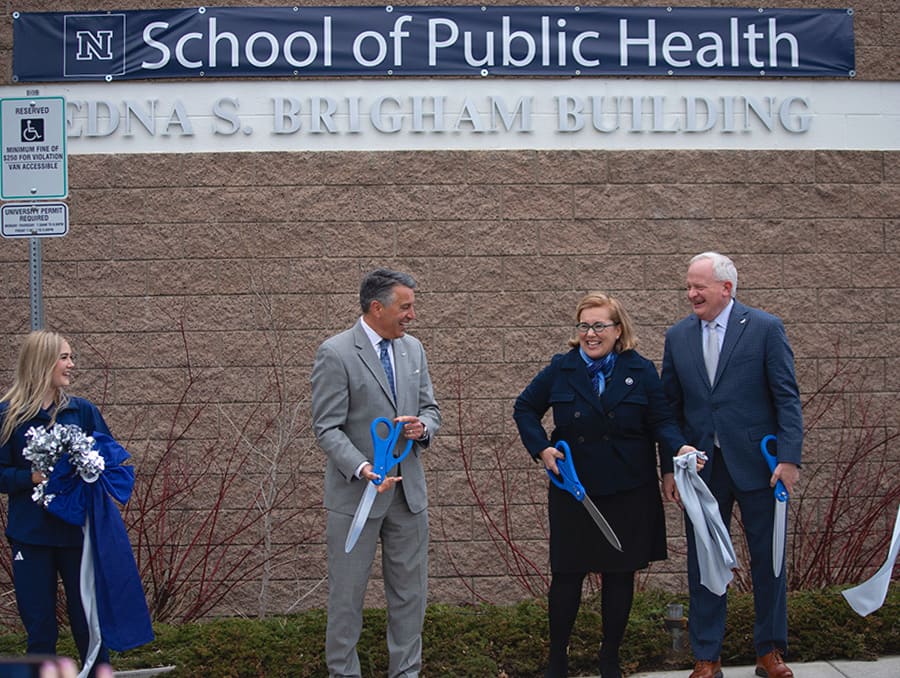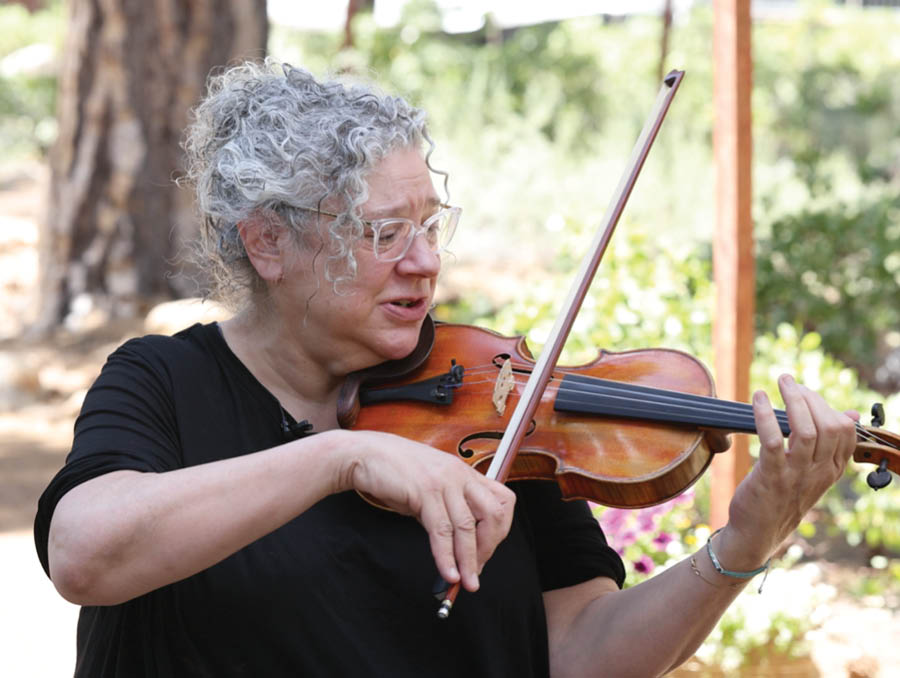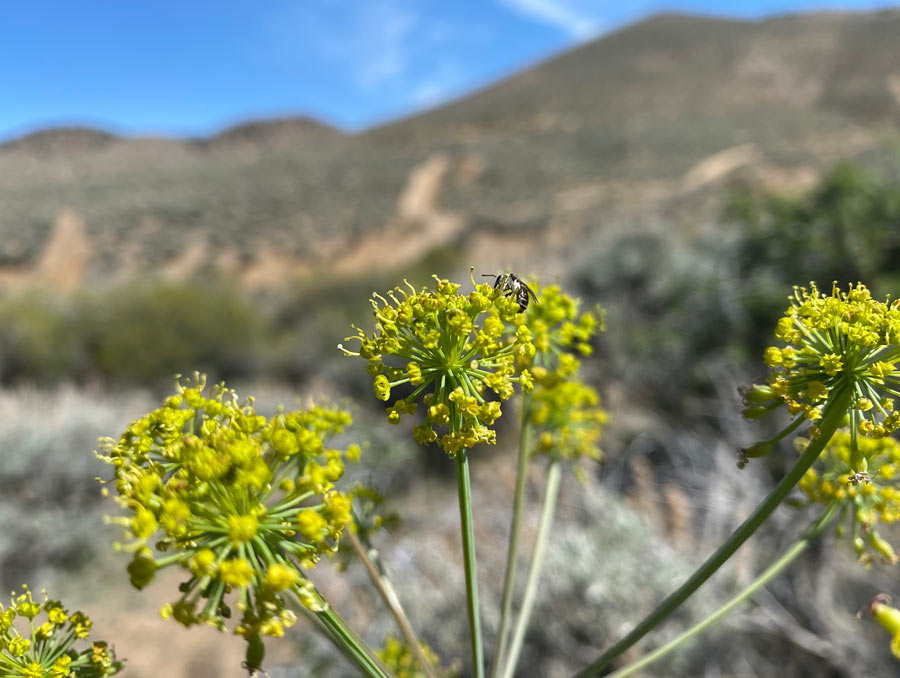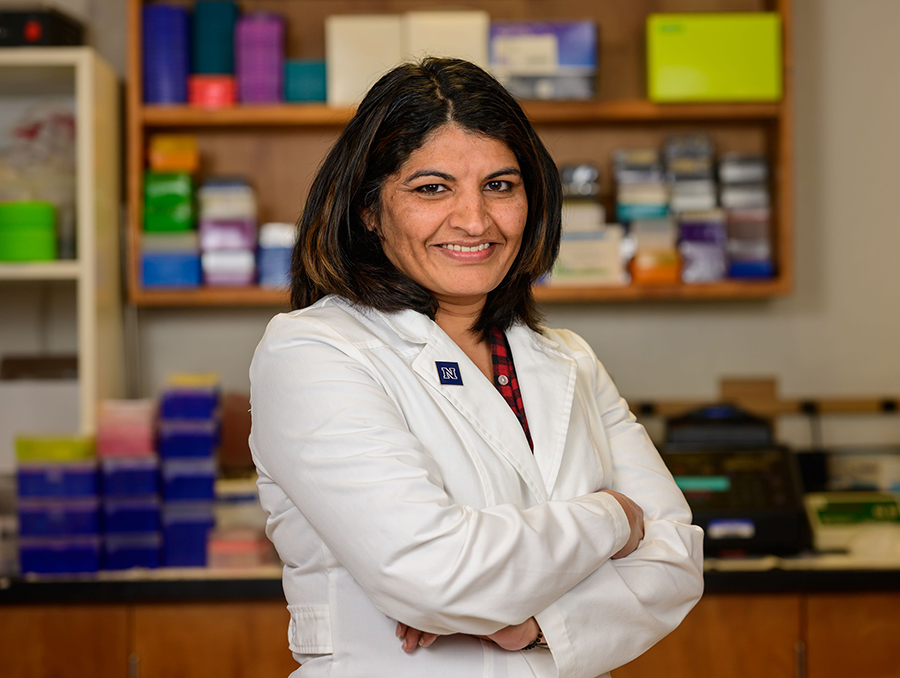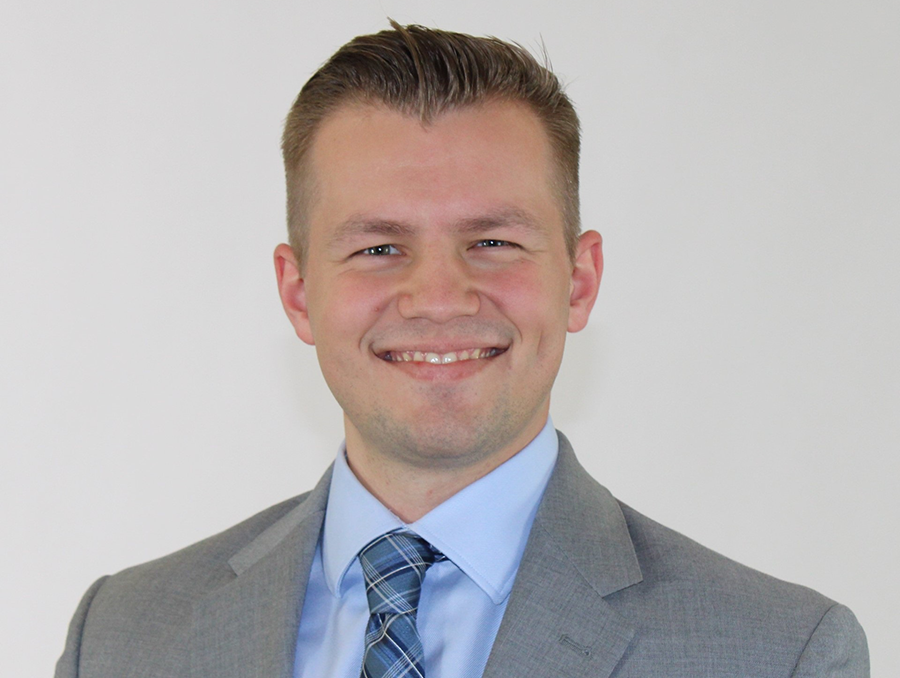A group of physics students has taken home the Sontag Entrepreneurship Award, and the $50,000 prize money that comes with it, in the competition's inaugural year at the University of Nevada, Reno.
The Mining Environmental Technology and Services (METS) team plans to develop, produce and market optical instruments to detect potentially harmful airborne particulates in mining workplaces, improving safety in the mining industry. In accepting the award, team leader Ben Sumlin explained that they were doing atmospheric research, using weather balloons to quantify distribution of pollution in the atmosphere, when they realized the same technology could also be put to use in the mines, to measure diesel exhaust and improve safety in the mines.
In a state where the mining industry has deep roots, helping to earn the former territory its statehood in 1864, and at a University known worldwide for its mining education and research, it seemed befitting that the Sontag Entrepreneurship Award went to a team that has produced a prototype to improve safety in the mining industry.
The six teams who had been named finalists a few weeks ago gathered with friends, family and University faculty and mentors in the University's Mathewson-IGT Knowledge Center Rotunda on Wednesday at noon for the announcement of the winner. After lunch was served, College of Business Dean Greg Mosier praised the students for their efforts thanked those who had judged the 35 proposals that were submitted and others who had worked to make the competition a success. Then, he turned the program over to Dave Croasdell, associate professor of information systems at the University who helped organize the competition.
Croasdell quoted Zig Ziglar, saying, "You don't have to be great to start, but you have to start to be great," and commented that all of the students on the finalist teams had taken significant strides toward greatness in these past few months. He then called up the six finalists - BOX Feeds, Entropy Fuel Systems, Envirohaven, GrabiTech, METS and Modphalt - who said a few words about their projects and thanked the Sontags for sponsoring the competition.
Alumnus Rick Sontag and his wife, Susan, funded the competition last September, with a $1 million gift to the University. Sontag earned his master's degree in physics at the University in 1966, where he said he had an epiphany, realizing that he was "more interested in the administration and management of science than actually doing the sciences." He went on to earn his MBA at Harvard and become a very successful entrepreneur.
The Sontags joined the awards presentation via Skype to announce the winner, after each team had made their comments. From his office in Ponte Vedra Beach, Fla., Rick made it clear that he didn't know who had won the competition, holding up a plain white, sealed envelope with the word "WINNER" handwritten in black marker. Before announcing the winner, he said that he had read all the proposals.
"Somehow, everyone managed, in a very short time frame, to submit very readable, interesting proposals," he said. "You all need to keep your dreams alive, even those who don't win today. I have fallen on my face many times - don't worry about, just keep trying."
After Susan opened the enveloped, Rick read the winner -- Mining Environmental Technology and Services, and mused, "How about that. There's somebody else besides me, in physics, launching themselves into a successful career path."







